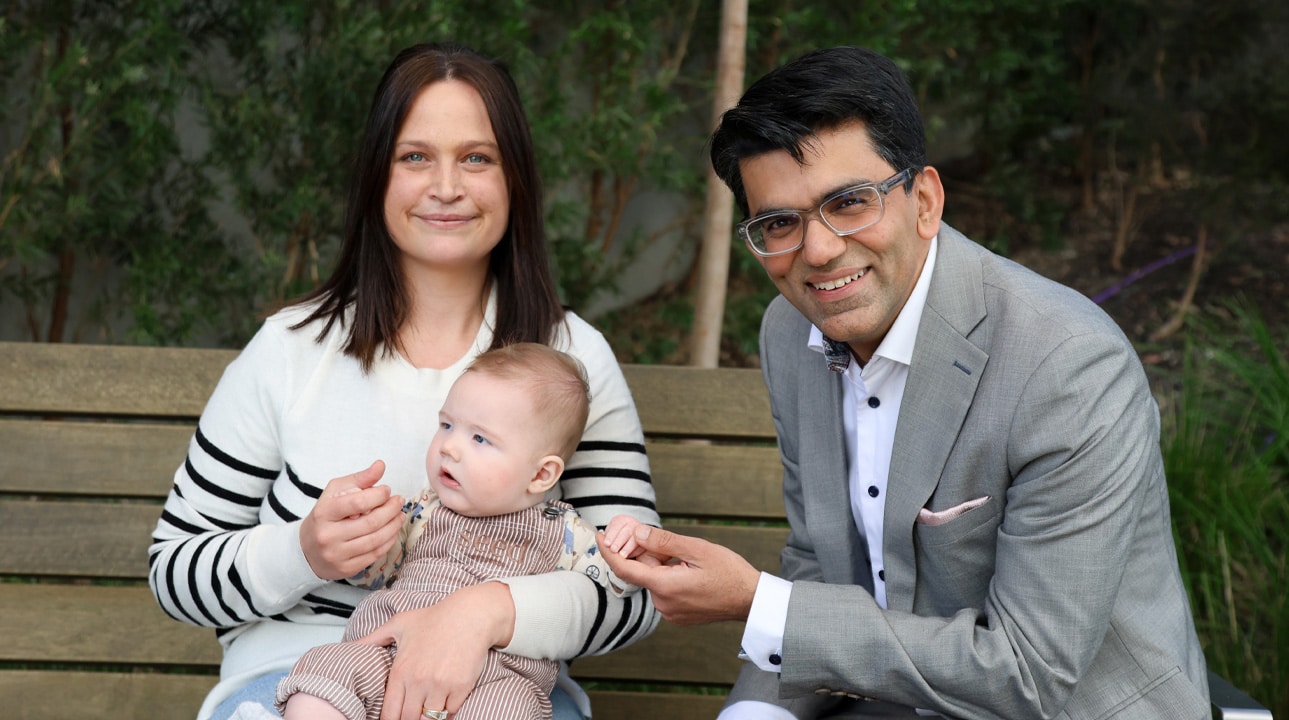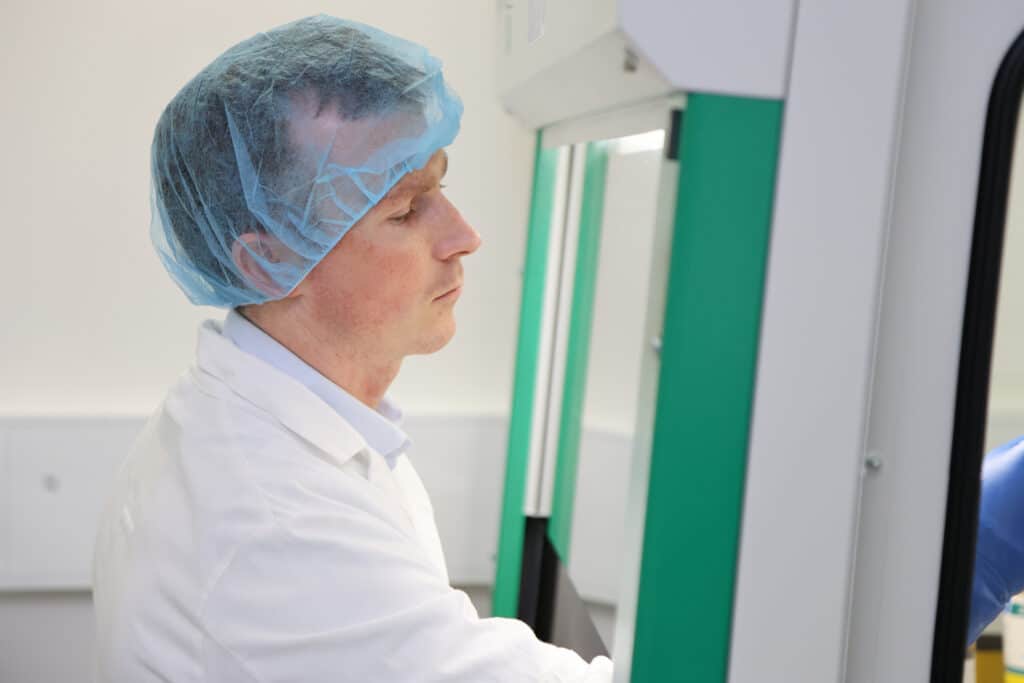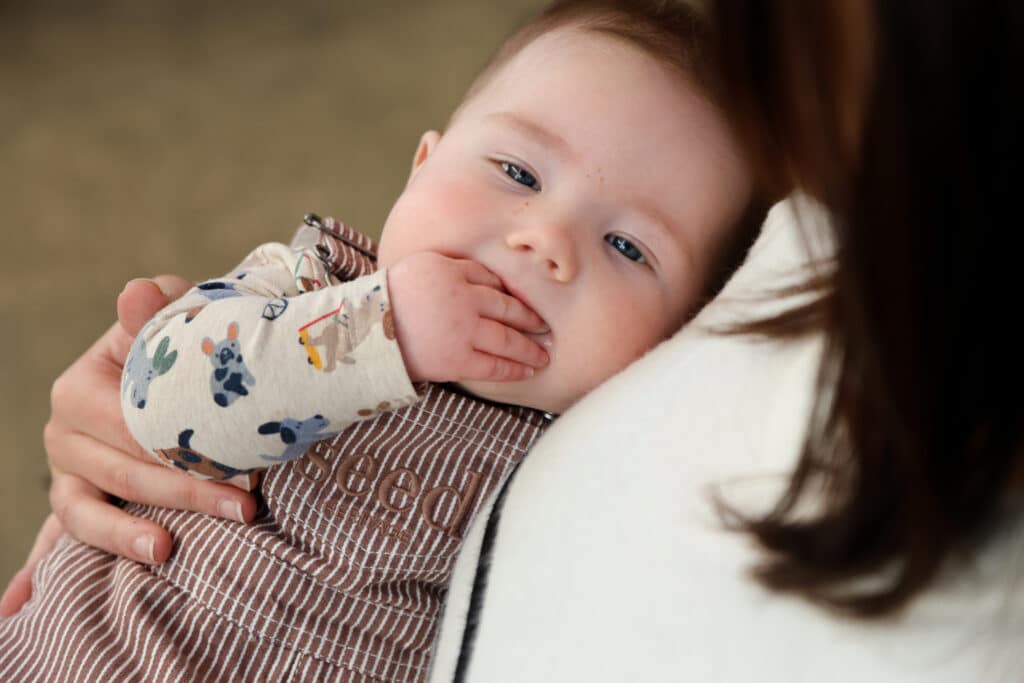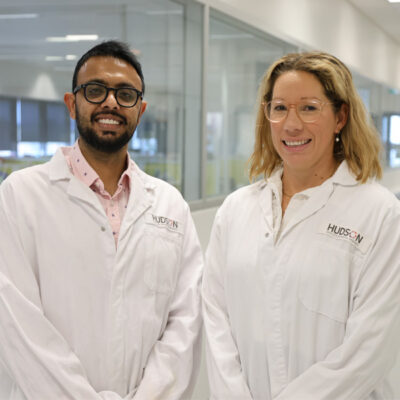World-first cord blood trial helps unborn stroke victims
By Rob Clancy, staff writer. Reviewed by Associate Professor Atul Malhotra

When unborn babies suffer a stroke, the potential damage can be life-long, so Hudson Institute of Medical Research is aiming to change that using the stem cells found in umbilical cord blood (UCB).
Researchers at Hudson Institute, Monash Children’s Hospital and Monash University have begun a trial using UCB stem cells to try to halt the effects of prenatal stroke, giving newborn babies the best chance of living healthy lives.
The trial is made possible by a new cell therapies capability at Hudson Institute, the first in the southeast of Melbourne, along with industry partner, Cell Care. Associate Professor Atul Malhotra says it could be a game-changer.
Stem cells to treat prenatal stroke
The Senior Neonatologist and Head of Early Neurodevelopment Clinic at Monash Children’s Hospital said: “Every year in Australia about 600 babies suffer a stroke in-utero and the effects can be devastating, including cerebral palsy and a range of other neurodevelopmental conditions.”
“It’s often possible to diagnose a stroke during regular ultrasound scans in pregnancy, but until now there’s been very little we could do to combat the effects on the child,” A/Prof Malhotra said.
Manager of Hudson Institute’s Cell Therapies Platform, Dr Gordon McPhee, said the purpose of the trial is to prove that this type of treatment is safe, practical and possible.
Hudson Institute’s Cell Therapies Platform allows clinicians in the Monash Medical Precinct to have blood products processed on-site for the first time, avoiding the need for expensive and time-consuming transport to the Melbourne CBD.
“In this STELLAR trial, stem cells from a baby’s own cord blood are collected at birth and re-introduced to the bloodstream in the early weeks of life, and that type of treatment is only possible thanks to the technology we now have access to here at Hudson Institute.”
The science underlying this trial is the product of a team of dedicated researchers led by Professor Suzanne Miller and Dr Courtney MacDonald at Hudson Institute.
Protecting and regenerating the brain after unborn stroke
My husband and I were very grateful for the opportunity to be involved in this trial. We knew it couldn’t hurt Chase; it could only help him. Research is the only way to move forward toward better treatments.”
Lauren Whalley, Chase’s mother
A/Prof Malhotra explains the trial’s aims: “These stem cells have neuroprotective, neuroregenerative and anti-inflammatory properties, and we hope to prove that they can reverse some of the damage to the brain caused by the pre-birth stroke.”
“With the first baby now having gone through this trial, the aim is to be able to offer the treatment to more parents of vulnerable newborns,” he said. “Once we have proven that this type of therapy is practical and safe, we will move onto a larger trial to evaluate long-term benefits.”
“The ultimate goal is for these children to have the best possible chance of developing their full potential.”
Fetal stroke is just one of many areas of newborn health in which Hudson Institute is pioneering umbilical cord blood stem cell therapies.
FIND OUT MORE | First participant baby Chase featured here on 9News
Collaborators | Monash Children's Hospital, Monash University
In this article
About Hudson Institute
Hudson Institute’ s research programs deliver in three areas of medical need – inflammation, cancer, women’s and newborn health. More
Hudson News
Get the inside view on discoveries and patient stories
“Thank you Hudson Institute researchers. Your work brings such hope to all women with ovarian cancer knowing that potentially women in the future won't have to go through what we have!”







